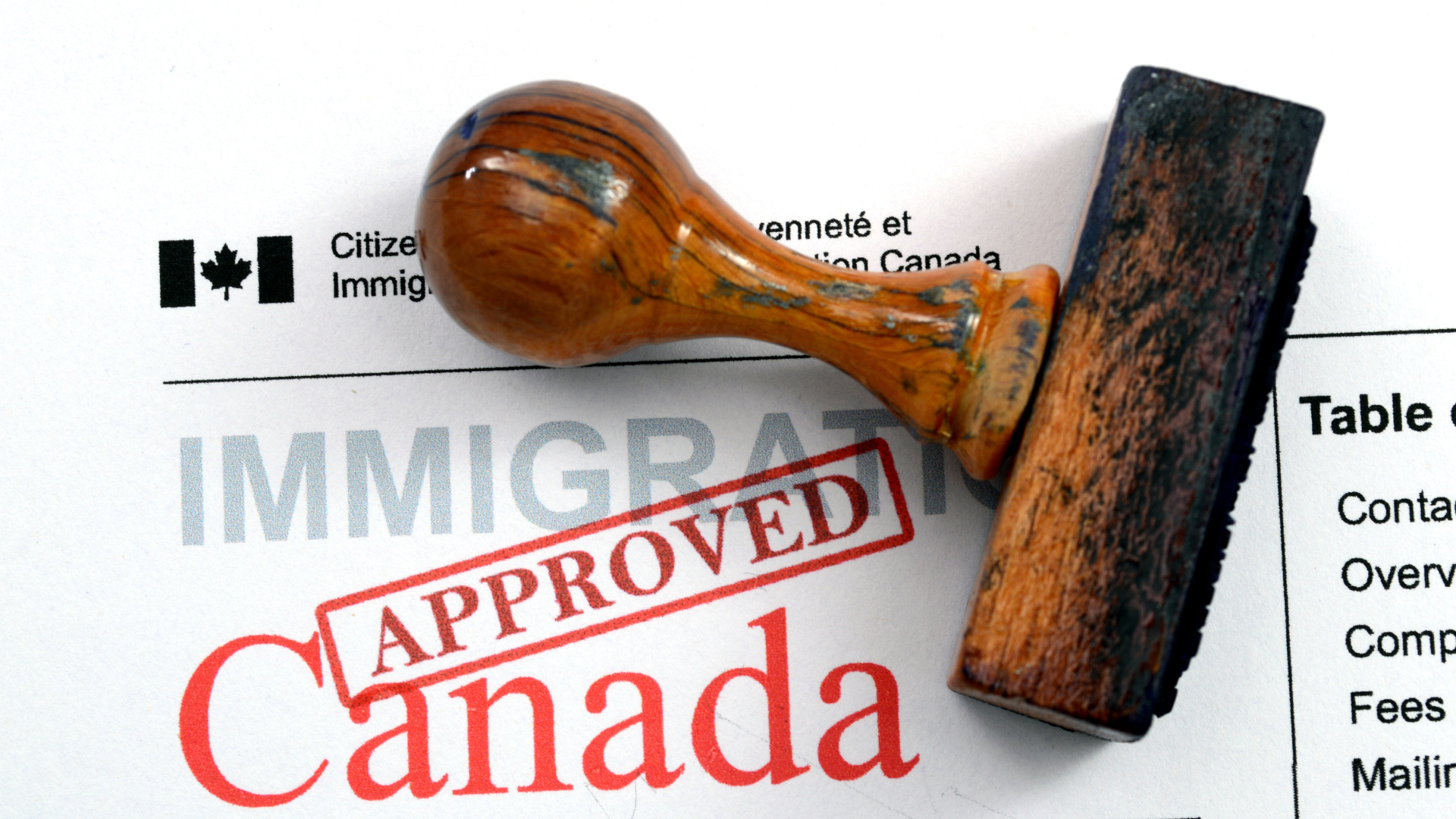How Does IRCC Use Information from PR and International Student Applicants?

Immigration Refugees and Citizenship Canada (IRCC) handles
vast amounts of information from individuals applying for Permanent Residence
(PR) and study permits in Canada. But how exactly is this information
collected, used, and safeguarded? This blog aims to simplify how IRCC manages
personal data for newcomers.
Why Does IRCC Collect Your Information?
IRCC uses the information provided by applicants mainly for
two reasons:
- Decision-Making:
To determine eligibility and admissibility for various immigration
programs.
- Program
Improvement: To analyze data and improve immigration
policies, services, and overall efficiency.
How Your Information is Used
IRCC categorizes the use of your data into two main areas:
1. Application Decision-Making
- Eligibility:
To check if you qualify for a particular immigration or settlement
program.
- Admissibility:
To confirm you meet Canada's legal, health, and security requirements.
- Application
Approval: To make decisions regarding visas,
permanent residency, or citizenship applications.
2. Broader Analysis
- Policy
Development: Identifying trends to shape policies
that align with Canada’s immigration objectives.
- Program
Evaluation: Enhancing the effectiveness and
accessibility of immigration services.
- Client
Feedback: Gaining insights to improve the
applicant experience.
- Transparency
and Trust: Ensuring a fair and accountable process
to maintain public confidence.
Economic PR Applicants: What You Need to Know
Economic PR applicants are skilled workers applying through
various programs to contribute to Canada's economy. These include:
- Federal
Programs: Federal Skilled Workers Program (FSWP),
Canadian Experience Class (CEC), and more.
- Provincial
Programs: Provincial Nominee Programs (PNP).
- Business
and Special Programs: Start-Up Visa, Self-Employed
Persons, and pilot programs like the Atlantic Immigration Program (AIP).
Information Collected from Economic PR
Applicants
Data collected varies by program but generally includes:
- Personal
Details: Name, date of birth, marital status.
- Biographical
Information: Education, work history, citizenship
status.
- Official
Documents: Passport, criminal record checks.
- Medical
and Biometric Data: Health records, fingerprints.
- Immigration
History: Past entries to Canada, visa
applications.
- Employment
Information: Job offers, Labour Market Impact
Assessments (LMIAs).
International Student Applicants: A Closer Look
International students require a study permit to pursue
education in Canada. Here's how their information is collected and used:
Information Collected from International
Students
- Personal
and Biographical Data: Name, date of birth, family status,
education background.
- Official
Documentation: Passport, criminal history.
- Medical
and Biometric Information: Health records,
fingerprints.
- Financial
Information: Proof of funds for study.
- Study
Details: Program, institution, and terms.
- Accompanying
Family Information: Details about family members, if
applicable.
Purpose of the Data
- Fraud
Detection: To prevent immigration fraud and ensure
compliance.
- Research
and Policy: To support audits, evaluations, and
policy adjustments.
- Computer
Analytics: To improve processing efficiency and
assess risks.
How Long Does IRCC Keep Your Information?
Retention of your data depends on your application outcome
and status:
- Express
Entry Profiles: Kept for up to 5 years.
- Approved
PR Applications: Stored for up to 65 years.
- Admissibility
Issues: Held for 5 years after the last
administrative action.
- Biometric
Data: Retained for a minimum of 15 years unless a longer
period is necessary.
If an individual becomes a Canadian citizen, biometric data
is deleted within two weeks after the Oath of Citizenship.
How to Track Your Application Status
Applicants can access their immigration application details
using GCMS (Global Case Management System) Notes, which include:
- Application
Data: Application status, key dates, and assigned
immigration officer.
- Information
Collected: Submitted and gathered data.
- Third-Party
Details: Data provided by representatives.
How to Request GCMS Notes
Newcomers can request GCMS Notes through the Access to
Information Act (ATI) for a $5 CAD fee. The request must include the
application number, and for faster processing, the Unique Client Identifier
(UCI) is recommended. IRCC usually responds within 30 days, though processing
times may extend due to workload.





